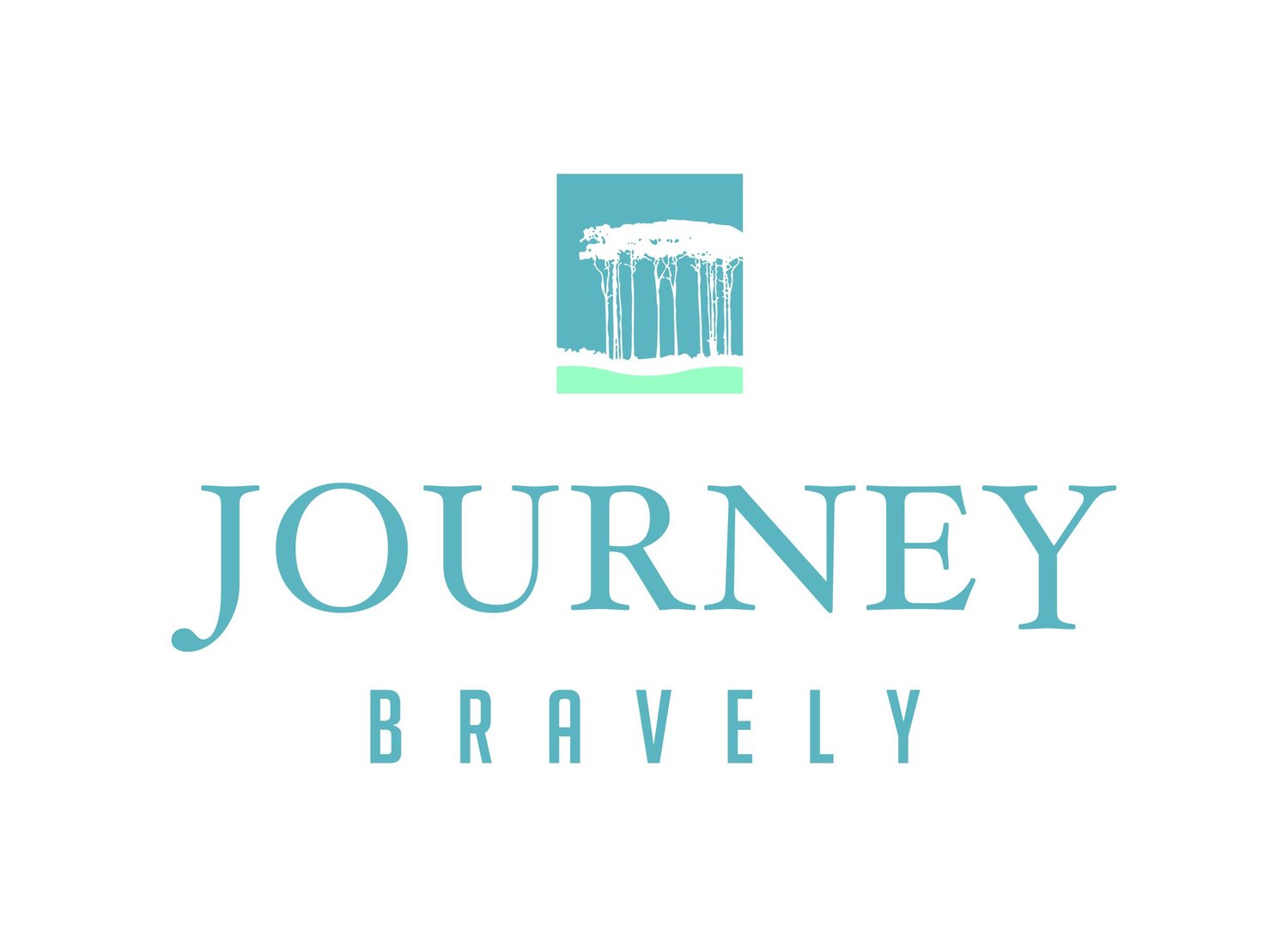One of the most difficult seasons of my life were the two years I had hopes and dreams I was too scared to share with other people. The truth is, I wasn’t even brave enough to acknowledge them to myself. It was time to move from one chapter of life to the next, but I thought I didn’t know how I wanted to begin writing the next chapter. I kept talking myself out of the things that were stirring within me. However, when I got brave enough to acknowledge and share my dreams, amazing things began to happen. Life, relationships, and even work become adventures to be lived when you name your dreams and ambitions. When you are brave enough to do this, you take the first steps on an exciting journey of growth. Struggling on where to start?
6 Practices to Help Clarify Your Dreams
Focus on the potential, not the problem
The tendency to focus on the problems of life leads to anxious thoughts that anchor you to status quo thinking. When you allow yourself space to imagine the life you want to live, you begin to develop a passion and desire that can move you forward. As I’ve written before, one the most powerful and important questions to wrestle with is, “What do I want…. really?”
Postpone edits
The discipline of dreaming requires postponing edits. Many of us choose to live a limited lifebecause we edit chapters in our life story that haven’t been written yet. Focusing on potential and allowing ourselves to dream makes us vulnerable to disruption or disappointment. So, we prematurely edit our, what could be, magnificent stories in favor of a settled life.
Resist either/or thinking
We have been told ad nauseum, “you can’t have your cake and eat it too.” While this is true in some situations, there is a temptation to overapply this. As you imagine what is possible give yourself permission and hold yourself accountable to keeping a both/and mindset. Either/ or thinking comes from a scarcity mindset; there is only one cake. An abundance mindset allows both/and thinking, I can eat my cake and bake more.
Figure out what first…. how later
Don’t limit your future based on your current capabilities. It’s so tempting when you begin to imagine what is possible to quickly begin wondering how to make it happen. When you do this, you shut the door on imagining what is possible and shift to problem solving. You don’t have to know how to get there yet. If you already had the skills and knew how to get the outcome you wanted, you would have already done it. When you keep your attention focused on what you desire to be true, you will naturally begin gathering evidence of the behaviors and attitudes that lead you towards that vision or away from it. Getting clear on what you want will contribute, over time, to the clarity of how to get there. When focused on the problem you say, “I don’t know how.” When focused on the possibility you say, “I don’t know how…yet.”
Leverage What ifs
“What if” thinking can be a blessing or a curse entirely based on how you apply it. When you imagine “what if?” in a negative way you paralyze yourself with fear. What if I can’t? What if it fails? While these may be possibilities, so are the positive “what ifs”. What if I can? What if it all works out? The challenge here is to intentionally focus on the positive.
Be patient, enjoy the journey and make room for serendipity
Dreams shrink when they are rushed. If your vision is big, it will take time. Keep the view in front of you and take the next right step. You don’t have to have it all figured out. And, again, if your dream is big enough, you probably won’t have it all figured out. We tend to overestimate what we can accomplish in a short amount of time and grossly underestimate what is possible in the long term. Resist the temptation to shrink your dream to fit who you are today. Instead, allow yourself space and time to grow into your dream. Celebrate the steps you take along the way and enjoy those unexplainable moments of serendipity that happen along the way.
One of our great joys in working with people is to witness those moments of transformation when a lightbulb goes on and clients begin to imagine and believe what is possible. If you’d like to connect with support along your journey, connect with me here.
Todd Craig has over 20 years experience having helpful coaching conversations with individuals, couples, and groups including 5 years experience of professional life and leadership coaching. He uses effective, strategic tools including the Birkman and Enneagram in his skill based coaching to help people move their stories and goals forward. To meet with Todd, connect here.







